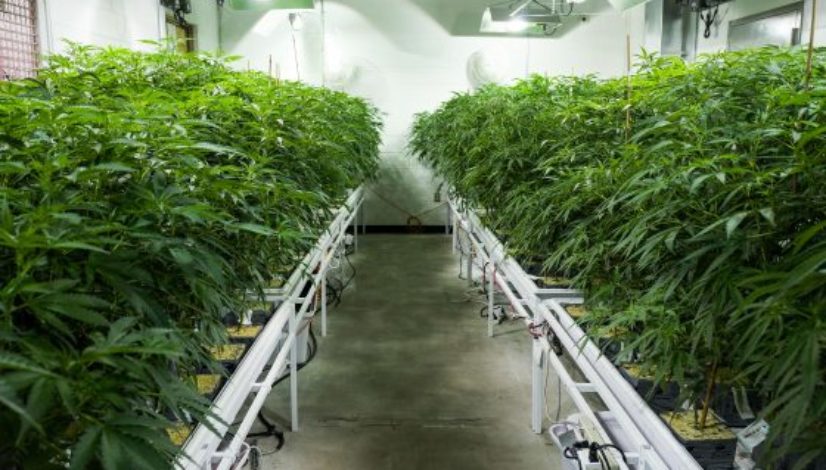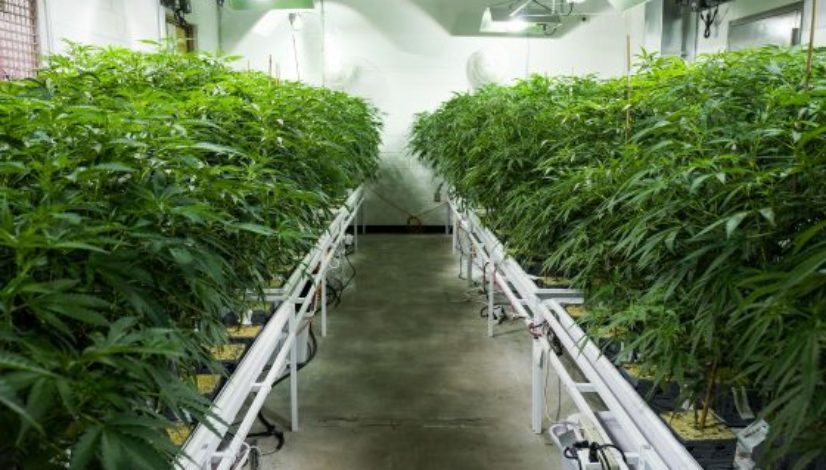DEA finalizes quota of government-grown marijuana for 2018 research: 978 pounds

Published: Nov 7, 2017, 4:59 pm • Updated: Nov 7, 2017, 4:59 pm
By Alicia Wallace, The Cannabist Staff
The U.S. Drug Enforcement Administration this week will formalize its production quotas of drugs and substances utilized for medical, scientific and research purposes, settling in on the previously disclosed allocation of 978 pounds of marijuana.
The DEA’s final 2018 aggregate production quotas (APQ), scheduled to be published Wednesday in the Federal Register, are mostly unchanged from the agency’s proposed quotas released in August.
The APQs are set for highly restrictive substances that are classified as Schedule I and II in the Controlled Substances Act. The quotas are set to meet the estimated needs for medical, research and industrial needs.
The DEA lowered quotas for most substances and notably enacted a 20 percent reduction in opioid painkillers such as oxycodone, morphine and codeine. Quotas also were lowered about 6 percent from those set for 2017 for “marihuana” and “tetrahyrdocannabinols,” which include delta-9 tetrahydrocannabinol (THC).
The 2018 production quotas for marijuana are 443,680 grams (about 978 pounds), compared with 472,000 grams (about 1,040 pounds) for 2017. The quotas for tetrahydrocannabinols were lowered to 384,460 grams (about 848 pounds), from 409,000 grams (about 902 pounds) for 2017.
Research news
- “A significant event”: CBD-based pharma drug Epidiolex presented to FDA for approval
- Congress members, veterans join forces in call for medical marijuana reforms
- Why aren’t we talking about medical marijuana to help the opioid crisis?
- Congressional members press VA chief to help vet-focused marijuana research
- Jake Plummer offers Broncos game-day packages to benefit cannabinoid research
Following the DEA’s proposed quotas filed in August, the agency received more than 100 comments expressing concern about the opioid reduction and its potential effect on people with chronic pain, according to an “unpublished” notice made public Tuesday morning.
The comments, DEA officials said, “were general in nature, and raised issues of specific medical illnesses and medical treatment, and therefore are outside the scope of this final order for 2018.”
In August 2016, the DEA announced plans to reduce barriers to marijuana-related research by allowing more entities to apply for cultivation licenses. The federal government has a decades-long contract with the University of Mississippi to produce research marijuana, overseen by the National Institute on Drug Abuse.
By August 2017 — at the time the proposed APQ was made public — DEA officials told The Cannabist that nearly two dozen entities applied, but none had yet to be approved. The DEA spokesman said it was unclear how long the process would take.
The APQ, he said, was set first and independent of manufacturers’ desires and then divvied up later.
A couple of weeks later, information emerged that the program was effectively shut down by the U.S. Department of Justice, The Washington Post reported, citing unnamed DEA officials.
In October, Attorney General Jeff Sessions was asked about medical marijuana research during a Senate Judiciary Committee hearing. When asked about the backlog of applications sitting at the Department of Justice, Sessions said, “I think it would be healthy to have some more competition in the supply but I’m sure we don’t need 26 new suppliers.”
Topics: cultivation, DEA, Department of Justice, federal regulations, NIDA – National Institute on Drug Abuse, research  Alicia Wallace
Alicia Wallace
Alicia Wallace joined The Cannabist in July 2016, covering national marijuana policy and business. In her 14 years as a business news reporter, her coverage has spanned topics such as the economy, natural foods, airlines, biotech, retail,…




